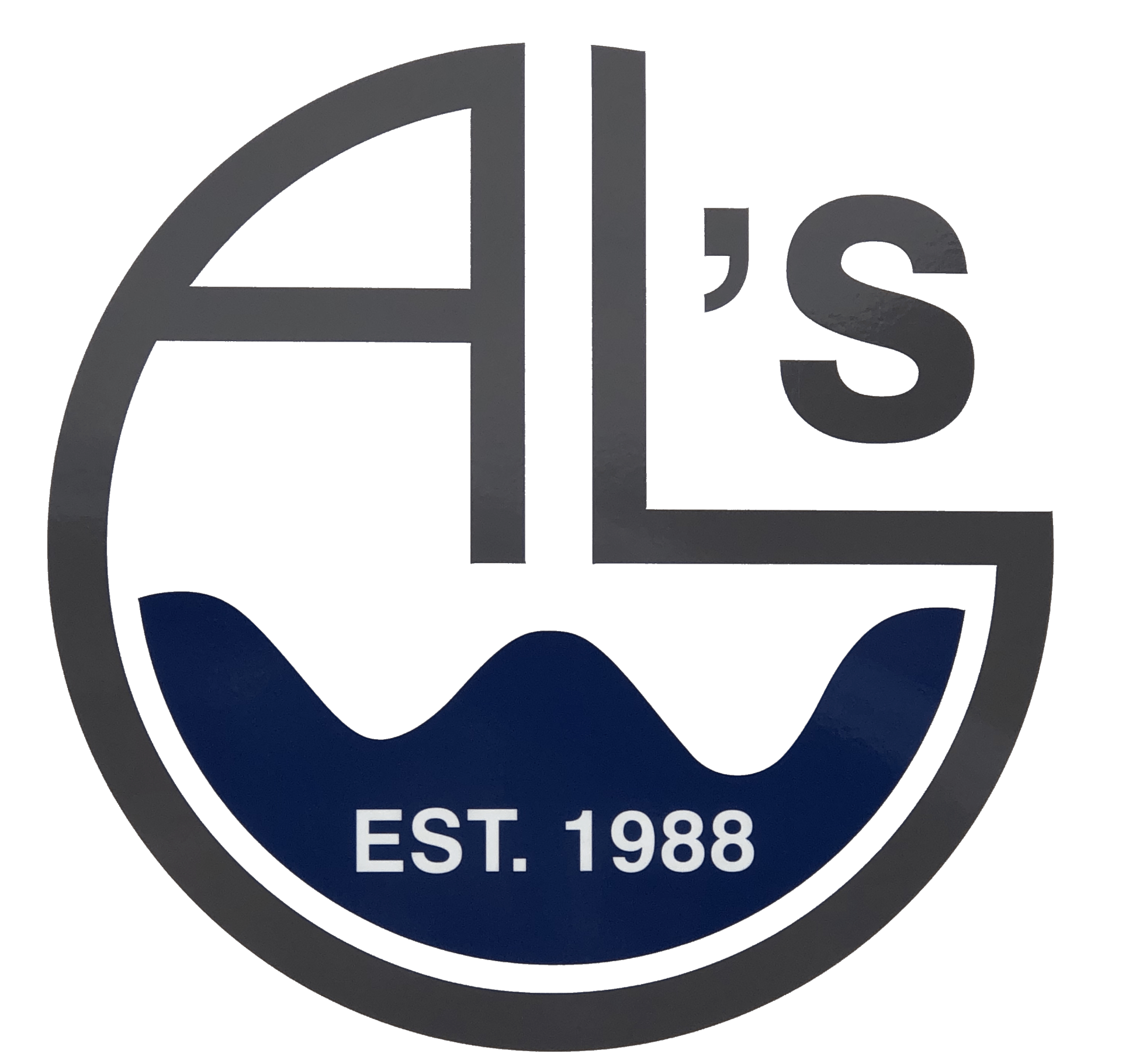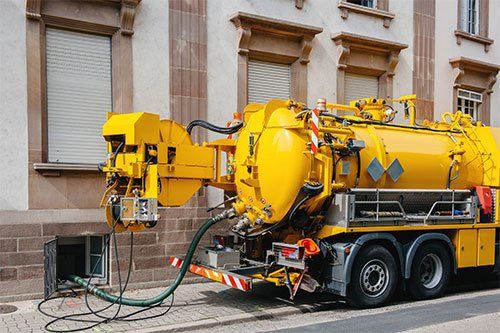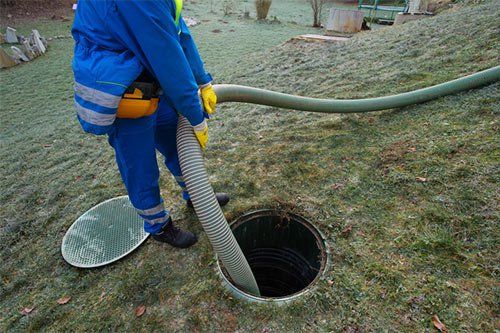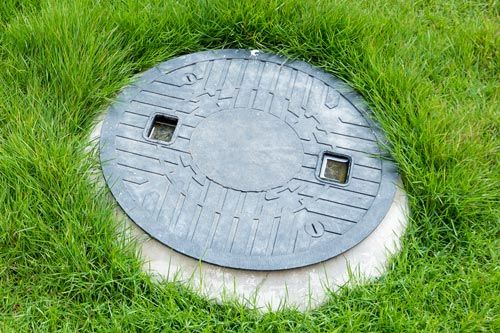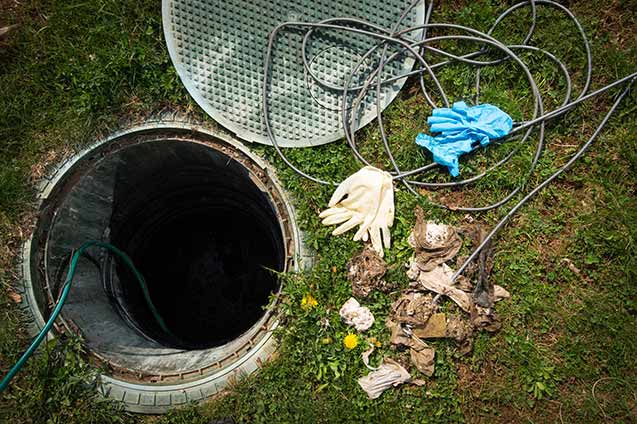4 Common Septic System Mistakes You Need to Avoid
- By Admin
- •
- 26 Feb, 2018
- •
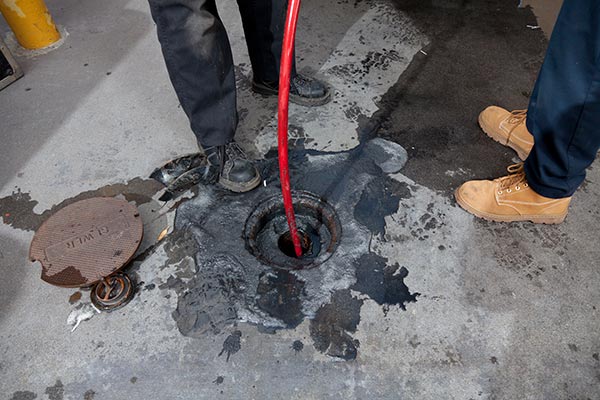
Properly caring for your septic system, which includes having it inspected yearly and pumped on a regular schedule, will ensure that it continues to work smoothly. If you're a new septic system owner, you might not be aware of the common mistakes that can cause your septic tank to backup, overflow, or completely fail.
Here are four of the most common septic system owner mistakes that you need to avoid.
Here are four of the most common septic system owner mistakes that you need to avoid.
1. Misusing Your Garbage Disposal
Your garbage disposal is a handy appliance that makes eliminating kitchen scraps a breeze. Unfortunately, if you use your garbage disposal on a regular basis, you are causing an imbalance inside your septic tank that is unhealthy for your system and can lead to a breakdown that costs thousands of dollars to repair.
The waste inside of your septic tank is broken down by naturally occurring bacteria. There is a delicate balance inside your septic tank, and if you introduce too much waste, grease, and other food products into the tank through your garbage disposal, you will upset this balance. Over time, this stress will cause your septic system to overflow or fail completely.
The best option is to stop using your garbage disposal. If you still want to use this appliance, avoid putting grease, oils, fats, or any other substance that can clog your disposal and the septic system.
The waste inside of your septic tank is broken down by naturally occurring bacteria. There is a delicate balance inside your septic tank, and if you introduce too much waste, grease, and other food products into the tank through your garbage disposal, you will upset this balance. Over time, this stress will cause your septic system to overflow or fail completely.
The best option is to stop using your garbage disposal. If you still want to use this appliance, avoid putting grease, oils, fats, or any other substance that can clog your disposal and the septic system.
2. Misusing Your Toilets
If you have a septic tank, you should only be flushing two things down your toilet: waste and septic-safe toilet paper. Anything else will not only upset the bacteria inside the tank, it will also lead to a clog. When your septic system becomes clogged, the wastewater that cannot drain into the tank will need to go somewhere. That somewhere is back up through your toilets, sinks, and bathtubs.
Here is a list of items that you should never flush down the toilet:
Here is a list of items that you should never flush down the toilet:
- Feminine hygiene products
- Baby wipes
- Toilet paper that isn't labeled as septic safe
- Diapers
You should also avoid flushing cat litter down the drain, even if it is labeled as flushable. In addition to being unsafe for your septic system, cat feces can harbor a potentially-deadly parasite called Toxoplasma gondii. If you flush the cat feces, the parasite will be introduced to your septic system, drainage field, and potentially the ground water.
3. Ignoring Signs of Trouble
As the owner of a septic system, you need to know the signs that your septic system is clogged, backing up, or even failing. Here are a few of the warning signs of a septic system failure to watch for:
- Noticeable bad odors coming from your tank or drainage field
- Spots of noticeably healthy, green grass on your drainage field, which is a sign that your septic system is leaking, and the waste is overfeeding your grass
- Sinks and bathtubs that drain very slowly
If you notice any of these signs, contact a professional immediately. Ignoring them could lead to a messy and very expensive septic breakdown.
4. Mistreating Your Drain Field
Your septic drain field is a critical component of the entire system. After wastewater is treated in the septic tank, it flows into the drain field, where the wastewater is then filtered through the soil. If you mistreat your drain field, the wastewater cannot filter correctly, which can cause it to flow into the groundwater, or back through your pipes and into your home.
The best way to care for your drain field is to have it inspected by a professional at least once-a-year. Avoid overloading your drain field with wastewater by conserving water and never build any structures or park your vehicle on the drain field.
Avoiding these common septic system mistakes can help you avoid an unnecessary repair. If you have any further questions, contact Al's Septic Tank Service.
The best way to care for your drain field is to have it inspected by a professional at least once-a-year. Avoid overloading your drain field with wastewater by conserving water and never build any structures or park your vehicle on the drain field.
Avoiding these common septic system mistakes can help you avoid an unnecessary repair. If you have any further questions, contact Al's Septic Tank Service.
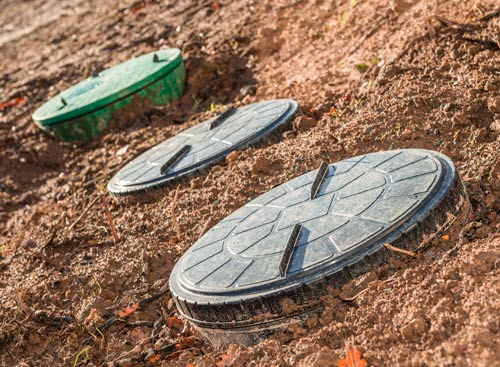
When you think about home maintenance, you probably think about washing the exterior siding, mowing the lawn, and shampooing the carpet. While these tasks are necessary, maintaining a healthy, functional septic system is also important.
Your septic tank is capable of breaking down some waste and debris. However, over time, excess waste and debris may build up faster than the septic system can break it down. This excess buildup can lead to a backed-up tank that can affect your home and yard. Thankfully, pumping your septic tank can improve the system's function. Here are three signs professionalsneed to pump your septic tank.
Your septic tank is capable of breaking down some waste and debris. However, over time, excess waste and debris may build up faster than the septic system can break it down. This excess buildup can lead to a backed-up tank that can affect your home and yard. Thankfully, pumping your septic tank can improve the system's function. Here are three signs professionalsneed to pump your septic tank.
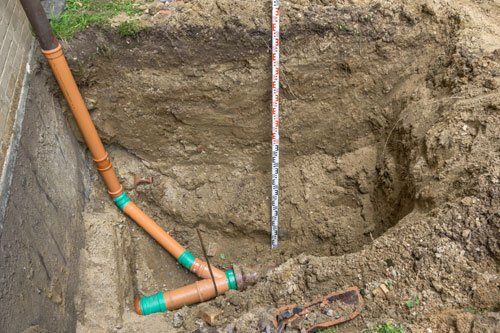
Tree roots are a common cause of clogged sewer lines, leading to sewage backups in your home. These clogs are insidious because they seem to happen without warning. That's not quite true, though — often there are warning signs. Learn why this happens so you can recognize the problem and request sewer line repairs as soon as possible

It's estimated the average American uses approximately 88 gallons of water each year. In addition to being expensive, using too much water can have a terrible impact on the environment and your septic system. Using too much water throughout the day for several weeks or months on end can overload your septic system, which can be disastrous.
Here is some important information about water conservation and your septic system – including tips to help you reduce your water usage.
Here is some important information about water conservation and your septic system – including tips to help you reduce your water usage.

Blogging is all about content and how you present it to the viewer. The content needs to be accurate (both the language and the information), to the point (Give people what they want) and useful for the reader ("I wanted to know about iPhone 6, not the history of Apple").
Here are some guidelines for writing a professional post:
Here are some guidelines for writing a professional post:
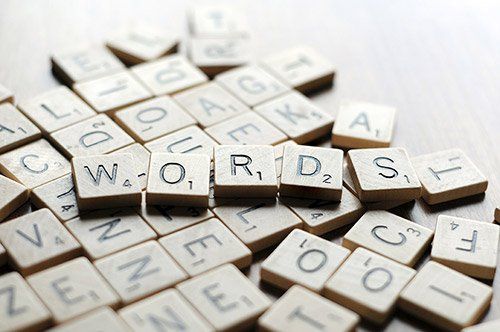
Welcome to your new blog!
Use the blog to tell a story, share information and knowledge, help your customers and drive traffic to your site. Your work on the blog will advance your site in search engines and bring new visitors who find your input useful.
A blog is based on posts (just like this one). Posts are the building blocks of the blog. All blog elements take their content dynamically from the posts you create.
The blog elements include:
Use the blog to tell a story, share information and knowledge, help your customers and drive traffic to your site. Your work on the blog will advance your site in search engines and bring new visitors who find your input useful.
A blog is based on posts (just like this one). Posts are the building blocks of the blog. All blog elements take their content dynamically from the posts you create.
The blog elements include:
